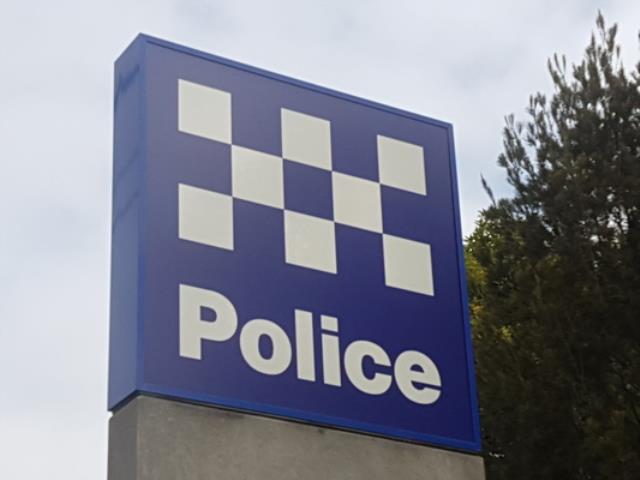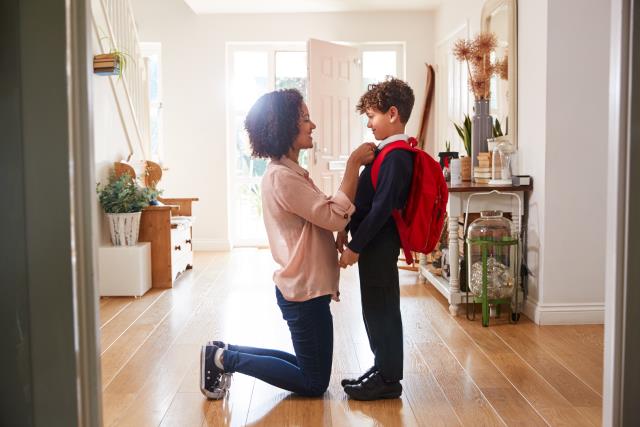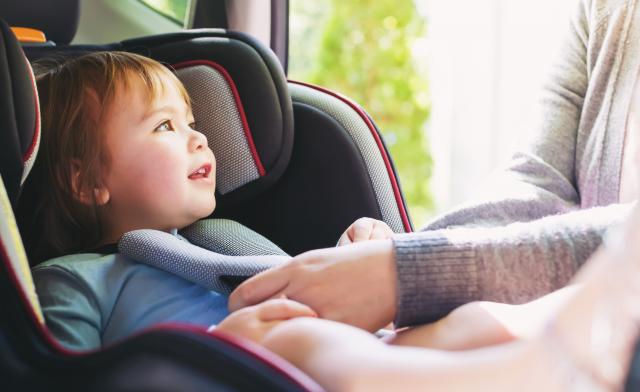Police are urging Victorians, including those in Wyndham, that know or suspect an older person is being abused are being urged to come forward to police to help combat the crime.
Elder abuse is any act which causes harm to an older person and is often carried out by someone they know and trust, such as family, friends or carers.
It’s a complex crime that takes many forms and doesn’t occur in isolation.
Some abuse involves psychological manipulation and intimidation – the threat that if an older person doesn’t do this or that, they will put in an aged care home.
There could also be adult children trying to sell the house without consent, or maybe the older family member is forced into childcare or other work against their will.
In many of these instances the crime is recognised or suspected by a third-party person – such as banking institution professionals, aged care workers and lawyers – which can be reluctant to report this type of crime as they do not want to get those involved into trouble.
Victoria Police is calling for these third parties to not ignore the signs and speak up by making a report to police, with any information provided crucial to help stop those causing abuse to older people.
The call to action coincides with World Elder Abuse Awareness Day – held annually on June 15 – and is vital as the crime continues to rise.
Crime Statistics Agency figures show the number of elder abuse victims over the age of 65 has increased by 35 per cent in the last five years.
Last year alone there were 5944 reports of elder abuse. Two thirds of victims are women and a third male.
The forms of elder abuse include:
• Financial abuse: using someone’s money, property or other assets illegally or improperly or forcing someone to change their will or sign documents. Police are seeing cost of living pressures contribute to an increase in reports of financial abuse.
• Physical abuse: includes assaulting or causing personal injury to a family member or threatening to assault or cause personal injury.
• Emotional or psychological abuse: behaviour by one person towards another person that torments, intimidates, harasses or is offensive to the other person. May include threats to pets or to withhold access to loved ones such as grandchildren.
• Social abuse: Stopping the older person from participating in usual forms of enjoyment
• Neglect: failing to provide the basic necessities of life, either intentionally or unintentionally.
Family Violence Command Acting Superintendent Tom Nairn said police see the devastating impact of elder abuse every day – with the crime often carried out at the hands of a family member, friend or even a paid carer.
“If third parties are prepared to speak up and report to police, any information provided is vital in assisting the safety of the older person or their assets,” he said.
“The majority of perpetrators are other family members who need to be held to account for these crimes – so by telling us, we can do something about it and keep victims safe.”
If you or someone close to you discloses they are a victim of elder abuse, please believe them and encourage them to contact police.
In an emergency call Triple-0 If you can’t get to a phone, ask someone else to do it for you.
In non-urgent cases if you know or suspect an older person is being abused and prefer to make an anonymous report, you can do so online via the Crime Stoppers Victoria website
There are also many support services available. Victorians can contact Seniors’ Rights Victoria on the organisation’s free confidential helpline: 1300 368 821 or visit seniorsrights.org.au for further advice.







